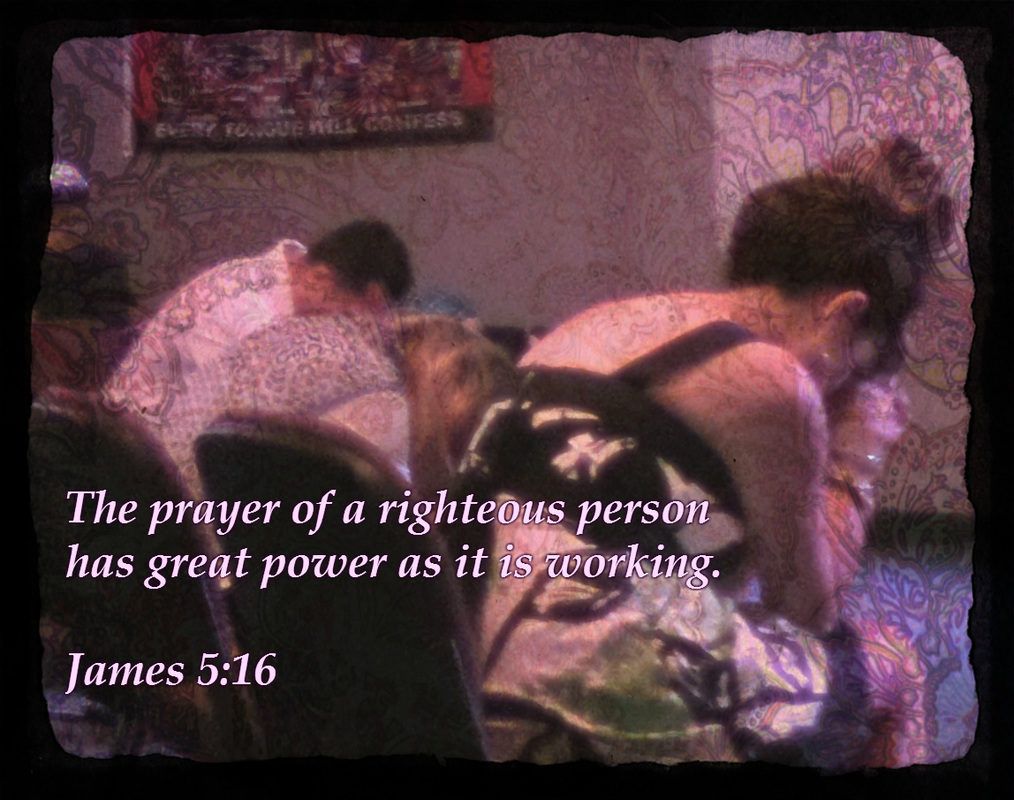Today’s Bible devotional will cover several chapters, so I won’t be including every verse, but will try and paraphrase or summarize what I do not include. Remember that Esther was just chosen out of a group of beautiful virgins to become Queen of Persia. Her cousin Mordecai who raised her, checked on her daily by going close to the harem and ensuring she was well. It was on one of these occasions that God allowed Mordecai to over hear a serious conversation Chapter 2 verses 19-23 read,
Now when the virgins were gathered together the second time, Mordecai was sitting at the king's gate. 20 Esther had not made known her kindred or her people, as Mordecai had commanded her, for Esther obeyed Mordecai just as when she was brought up by him. 21 In those days, as Mordecai was sitting at the king's gate, Bigthan and Teresh, two of the king's eunuchs, who guarded the threshold, became angry and sought to lay hands on King Ahasuerus. 22 And this came to the knowledge of Mordecai, and he told it to Queen Esther, and Esther told the king in the name of Mordecai. 23 When the affair was investigated and found to be so, the men were both hanged on the gallows. And it was recorded in the book of the chronicles in the presence of the king.
Mordecai was a man of action. He heard these men plotting murder and told Esther so that she could tell the king. His action saved the king’s life and was recorded.
Now as we read in earlier chapters as mighty a king as Ahasuerus was, he relied heavily on advisors and trusted them too much. One such advisor was Haman, he was a man who enjoyed power and pomp and put himself above everything and everyone, including the king who had given him power. Chapter 3 Verses 1-6 read,
After these things King Ahasuerus promoted Haman the Agagite, the son of Hammedatha, and advanced him and set his throne above all the officials who were with him. 2 And all the king's servants who were at the king's gate bowed down and paid homage to Haman, for the king had so commanded concerning him. But Mordecai did not bow down or pay homage. 3 Then the king's servants who were at the king's gate said to Mordecai, “Why do you transgress the king's command?” 4 And when they spoke to him day after day and he would not listen to them, they told Haman, in order to see whether Mordecai's words would stand, for he had told them that he was a Jew. 5 And when Haman saw that Mordecai did not bow down or pay homage to him, Haman was filled with fury. 6 But he disdained to lay hands on Mordecai alone. So, as they had made known to him the people of Mordecai, Haman sought to destroy all the Jews, the people of Mordecai, throughout the whole kingdom of Ahasuerus.
Haman’s ego couldn’t take it! He would not have this man refuse to bow down to him and without caring who he was, decided to take his fury out on all the Jewish people under Ahasuerus’ rule. For about a year Haman let his anger grow and become hate until the lots they cast told him it was time to talk to the king. He went to Ahasuerus and said, “There are these people who are way different that all the other people around them. They follow their own laws and not yours. So I say let’s destroy them! I’ll pay for it, I’ve got 10,000 talents of silver to go toward the cause of wiping them out.”
What was King Ahasuerus’ response to this proposed holocaust? Verses 10-11 tell us,
So the king took his signet ring from his hand and gave it to Haman the Agagite, the son of Hammedatha, the enemy of the Jews. 11 And the king said to Haman, “The money is given to you, the people also, to do with them as it seems good to you.”
The king fought many wars, he was king of 127 provinces (Esther 1:1) so perhaps wiping out a people didn’t sound that evil to him. But he didn’t take the time to question Haman, verify his information, or find out anything further, he let Haman do what he pleased. He did not act when he should have. Immediately the scribes were gathered and the edict written to destroy, to kill, and to annihilate all Jews, young and old, women and children, in one day, the thirteenth day of the twelfth month, which is the month of Adar, and to plunder their goods. (Chapter 3 verse 13). The edict was sent out to every province. While Susa, where the citadel was located was thrown into chaos, Haman and the king sat down to drink.
As you might imagine the Jewish people did not take this edict well. They tore their clothes and mourned. Imagine if you lived in a place and a law was put in place that one week from today, the people around you were to kill you and steal your belongings simply because of your religion, nationality, or some other arbitrary factor. Well Mordecai was not going to take it lying down. God had put him in a position that gave him a chance to do something. He was the kind of man who did things. He had gotten Esther into the Harem and now she was queen. He had stopped an assassination. He would not let this horrible things happen if he could do something about it. He knew God had placed him here for a reason, he knew God would save them, and he knew God was allowing him to be instrumental in saving His people.
Mordecai was mourning and wearing sackcloth and Esther heard about it. She didn’t know why he was mourning so she sent clothes out to him and when he refused she sent her attendant Hathach to speak to her cousin and find out what was going on. Chapter 4 verses 6-8 read,
Hathach went out to Mordecai in the open square of the city in front of the king's gate, 7 and Mordecai told him all that had happened to him, and the exact sum of money that Haman had promised to pay into the king's treasuries for the destruction of the Jews.8 Mordecai also gave him a copy of the written decree issued in Susa for their destruction, that he might show it to Esther and explain it to her and command her to go to the king to beg his favor and plead with him on behalf of her people.
Esther wanted to do something but she had a very real reason to fear doing anything. If she went to the king without being summoned, if she spoke to him without his asking, she would be put to death. And he had not called her in thirty days. Mordecai’s response is recorded in chapter 4 verses 13-14
Then Mordecai told them to reply to Esther, “Do not think to yourself that in the king's palace you will escape any more than all the other Jews. 14 For if you keep silent at this time, relief and deliverance will rise for the Jews from another place, but you and your father's house will perish. And who knows whether you have not come to the kingdom for such a time as this?”
Well Esther knew she had to do something. The very first thing she did was call on God and gather as many of the Jewish people to join her. Verses 15-17 read,
Then Esther told them to reply to Mordecai, 16 “Go, gather all the Jews to be found in Susa, and hold a fast on my behalf, and do not eat or drink for three days, night or day. I and my young women will also fast as you do. Then I will go to the king, though it is against the law, and if I perish, I perish.” 17 Mordecai then went away and did everything as Esther had ordered him.
Mordecai had faith and that faith led him to act. His faith and action led Esther to forget her fear and the danger to herself, trust God and act as well. She knew that fasting and prayer would lead God to reveal the answer to her. She believed Mordecai when he told her God would save them. She believed him when he said that it was up to her if she let Him work through her or someone else. If she didn’t, her family line, her father’s descendants would end with her death. She might die for talking to the king and trying to save the people or she would certainly die and let salvation come from some other place.
God places us in situations where we can be used by Him all the time. Sometimes it’s easy, give the person in line in front of you $5.00 and tell them about Jesus. Sometimes it’s harder, like give the person in front of you all the money you have and put your groceries back or putting yourself in danger to stop a man from beating a woman. God will carry out His purposes, He will provide, save, and heal but if you forgo the privilege of letting Him use you for it, He will use someone else. What blessings and growth are you missing out on because you sit in fear rather than act in faith? Do you know how pleased God is with you when you trust Him enough to obey? Philippians 2:12-13 reads,
Therefore, my beloved, as you have always obeyed, so now, not only as in my presence but much more in my absence, work out your own salvation with fear and trembling, 13 for it is God who works in you, both to will and to work for his good pleasure.
The author of Hebrews prayed for the people this way, and I pray it for you as well
Now may the God of peace who brought again from the dead our Lord Jesus, the great shepherd of the sheep, by the blood of the eternal covenant, 21 equip you with everything good that you may do his will, working in us that which is pleasing in his sight, through Jesus Christ, to whom be glory forever and ever. Amen. (Hebrews 13:20-21).












 RSS Feed
RSS Feed
